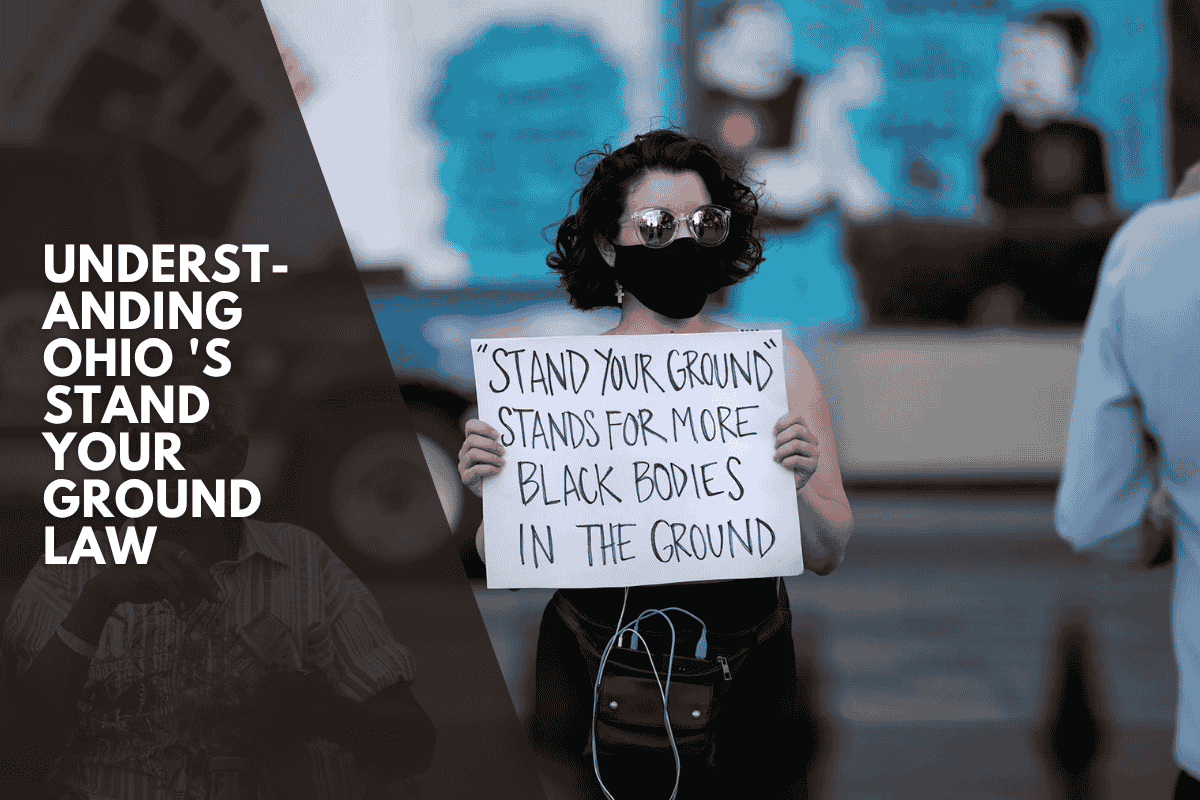Ohio’s Stand Your Ground law, enacted in April 2021, represents a significant shift in the state’s self-defense statutes. Here’s what you need to know:
Key Features of Ohio’s Stand Your Ground Law
No Duty to Retreat: The law eliminates the requirement for a person to attempt to retreat before using force, including deadly force, in self-defense, as long as they are in a place where they are lawfully allowed to be—such as their home, vehicle, workplace, or any public space.
Reasonable Belief of Threat: You must reasonably believe that you are in imminent danger of death or serious bodily harm to yourself or another person. The force used must be proportional to the threat faced.
Not the Aggressor: The law does not protect those who initiate or provoke violence. If you are the aggressor, you cannot claim self-defense unless you clearly withdraw from the conflict and communicate your intent to stop.
Legal Right to Be Present: Stand Your Ground protections apply only if you are not trespassing or engaged in illegal activity at the time of the incident.
Burden of Proof: The prosecution now bears the burden of proving that your use of force was not reasonable or justified, rather than requiring you to prove you tried to retreat first.
Where the Law Applies
The Stand Your Ground law applies anywhere you have a legal right to be, including:
Your home (castle doctrine)
Your vehicle
Public spaces (sidewalks, parks, businesses, retail establishments)
How the Law Works in Practice
If you use force in self-defense:
The court will examine whether your belief in the imminent threat was reasonable.
The force used must match the level of threat (deadly force only for deadly threats).
Prosecutors can challenge your claim by presenting evidence that your belief or response was unreasonable.
Controversy and Considerations
Supporters argue the law empowers law-abiding citizens to protect themselves without fear of prosecution and deters criminal activity.
Critics contend that Stand Your Ground laws can escalate violence and may lead to more firearm-related injuries and deaths.
Table
| Requirement | Stand Your Ground in Ohio |
|---|---|
| Duty to retreat | No, if lawfully present |
| Reasonable threat required | Yes |
| Proportional force | Yes |
| Not initial aggressor | Yes |
| Applies in public places | Yes |
In Ohio, you may use force, including deadly force, in self-defense without first attempting to retreat, provided you are not the aggressor, you are lawfully present, and you reasonably believe you face imminent danger of serious harm or death.
Sources
[1] https://grahamlpa.com/blog/ohio-stand-your-ground-law/
[2] https://www.wkyc.com/article/life/legally-speaking/ohio-guns-laws-2025-self-defense-immunity-insurance-tracking-registry-legally-speaking/95-e8cea378-dd46-4546-8552-134bd8d7d85a
[3] https://www.jayperezlaw.com/blog/stand-your-ground-ohio/
[4] https://hiltnertriallawyers.com/ohios-stand-your-ground-law-explained/
[5] https://en.wikipedia.org/wiki/Stand-your-ground_law











